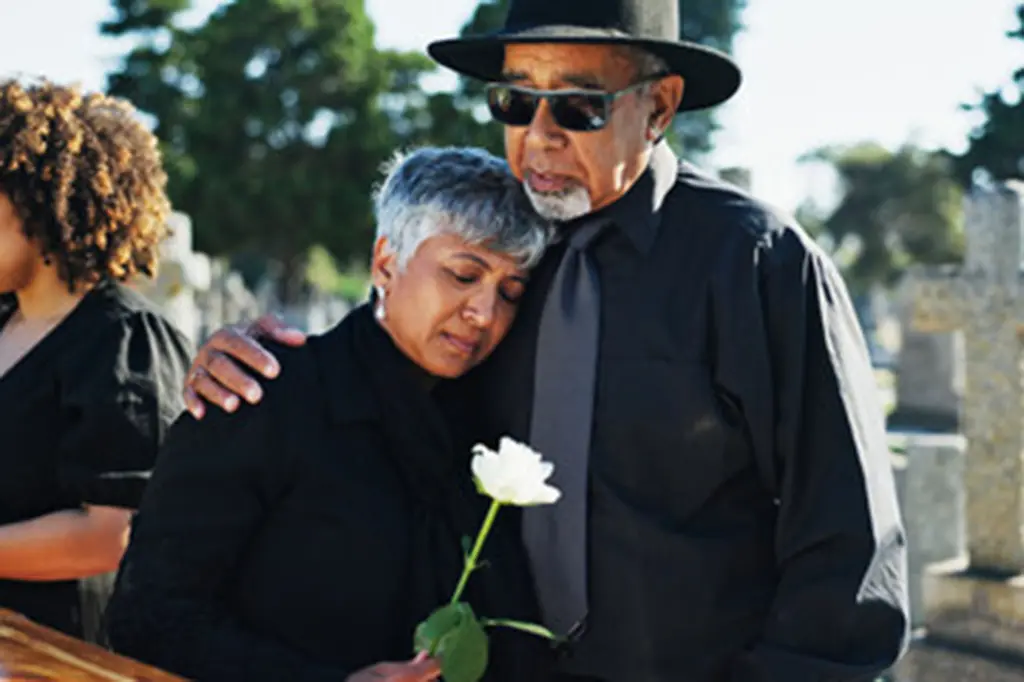Dear Abby’s Advice: Finding Compassion Through Life’s Challenges
In a heartfelt letter to Dear Abby, a person shares their distress about being seemingly forgotten by the family of their 50-year-old friend who recently passed away. Despite sending a fruit basket, sympathy card, and attempting multiple forms of contact, they received no acknowledgment from the deceased’s husband or daughter—who happens to be the writer’s godchild. The letter writer managed to attend the wake after discovering its location independently, only to find that family-curated photo displays excluded them entirely, despite their five decades of friendship. This exclusion felt particularly painful considering they had remained connected through the years and had become more involved during their friend’s year-long illness. The writer questions whether their feelings of hurt are justified and how to process this painful situation.
Abby responds with gentle understanding, suggesting a perspective the letter writer may not have considered. Perhaps the family didn’t fully comprehend the depth and significance of the friendship, especially if there had been periods when the friends weren’t as closely connected. The grieving family might have been so consumed by their own emotional processing that they unintentionally overlooked the letter writer’s importance in their loved one’s life. Abby validates the letter writer’s feelings while encouraging them to find comfort in what they personally know to be true about the friendship, rather than seeking validation from others who are caught in their own grief journeys.
In another touching letter, a 35-year-old man reaches out about navigating a delicate emotional situation. He’s in the final stages of an adoption process with placement imminent—a joyful time of anticipation for him. However, he’s just learned that one of his close college friends has suffered a miscarriage. The timing creates a complex emotional landscape as he celebrates his own path to parenthood while wanting to properly support his friend through her profound loss. He describes being so moved by her situation that he “laid down and cried” in empathy, but feels unsure how to offer meaningful support while respecting appropriate boundaries. His letter reveals a person with deep compassion who genuinely wants to show up for his friend despite their contrasting life circumstances.
Dear Abby praises this second letter writer for his compassion and empathy, acknowledging that the timing makes the situation particularly challenging. She offers practical guidance about the etiquette of supporting someone through grief: sending a thoughtful condolence card, writing a personal note expressing sympathy to both his friend and her husband, making phone calls to offer whatever support might be helpful during this difficult time, and—perhaps most importantly—maintaining consistent contact as his friend processes her loss. Through this advice, Abby reinforces that the most meaningful support often comes through simple, sincere gestures of care maintained over time.
Both letters highlight the universal human need for connection during life’s most challenging moments—whether experiencing grief, feeling overlooked, or witnessing a loved one’s pain. The first situation reminds us that grief can create blind spots in how we respond to others, even unintentionally excluding those who matter. The second shows how our own life circumstances, even positive ones, can create uncertainty about how to properly support others through their difficulties. In both cases, Dear Abby emphasizes the importance of honoring our authentic emotions while extending compassion to others who may be struggling in ways we cannot fully see or understand.
The wisdom in these exchanges transcends the specific circumstances, offering insights about navigating the complex terrain of human relationships. Whether we’re the ones feeling left out, the ones celebrating while others mourn, or the ones wrapped up in our own grief, these letters remind us that genuine connection requires both vulnerability and attentiveness. By acknowledging the legitimacy of our feelings while remaining open to others’ perspectives, we create space for healing and deeper understanding—even when circumstances make that challenging. As Dear Abby reminds us, sometimes the most important thing we can do is honor what we know to be true while offering others the grace to navigate their own emotional journeys.















